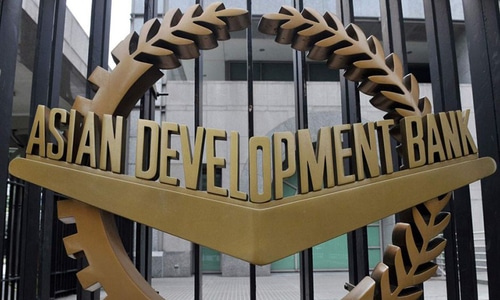The Asian Development Bank (ADB) has approved a $500 million policy-based loan to help Indonesia accelerate its energy transition.
The Affordable and Sustainable Energy Transition Program will support various policy measures for the country to achieve its enhanced nationally determined contribution (NDC) and net-zero power emission targets by 2050, of which this is the first of two subprograms.
“Indonesia is at a critical juncture in its energy transition journey,” said ADB Country Director for Indonesia Jiro Tominaga.
“This policy-based loan program supports Indonesia’s foundational and collaborative policy development to identify and address the sector’s complex challenges to accelerate its shift towards sustainable and clean energy.”
The rapid expansion of electricity generation capacity has helped Indonesia overcome much of its power supply constraints, but it has left the system heavily reliant on fossil-fuel-based power sources like coal, gas, and diesel.
The program focuses on establishing a robust policy and regulatory framework for clean energy transition, strengthening sector governance and financial sustainability, and ensuring a just and inclusive transition.
A key measure is the development of a Comprehensive Investment and Policy Plan (CIPP), supported by the Indonesia Just Energy Transition Partnership, which identified the investment requirements and opportunities to deliver on the just energy transition.
Other key measures include regulatory improvements for scaling up renewable energy capacity, as well as initiatives to strengthen the capacity and governance of energy state-owned enterprises in areas such as the promotion of gender equality.
The program is a joint effort by ADB and cofinancing partners, Agence Française de Développement (AFD) and German Development Cooperation through KfW, to support the government’s leadership in energy transition.
ADB said it provides critical support for the government’s initial stage of regulatory development for energy transition based on its comprehensive support through the Energy Transition Mechanism, sovereign and nonsovereign infrastructure financing, and a wide range of technical assistance projects.




